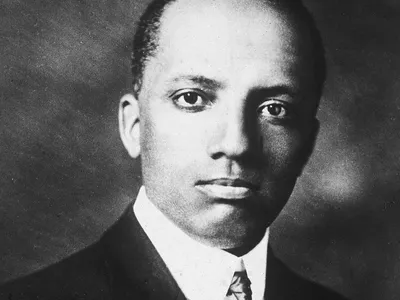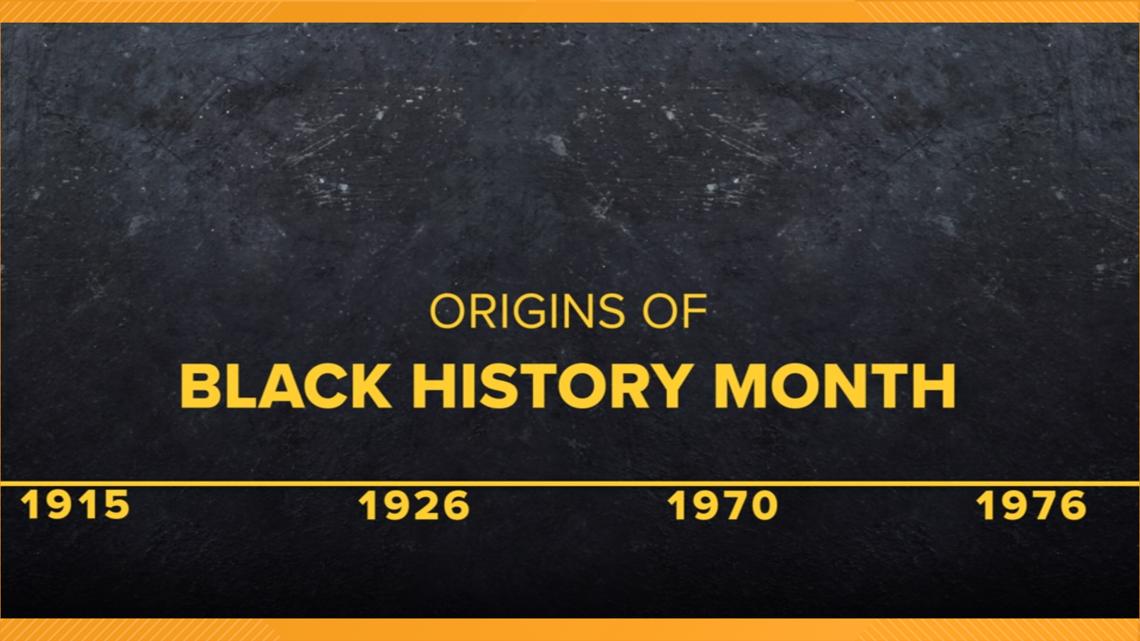In the rhythmic heartbeat of the annual calendar, the month of February pulsates with a profound resonance — it is Black History Month, a time to embark on a reflective journey through the rich tapestry of African American history. This dedicated month serves not only as a celebration of achievements but also as a poignant reminder of the enduring struggles, resilience, and contributions of the African American community.
The Genesis of Black History Month
Black History Month finds its roots in the visionary efforts of Dr. Carter G. Woodson, a pioneering African American historian. In 1926, Woodson initiated “Negro History Week,” designating a specific time to recognize the often-overlooked contributions of African Americans. Over time, this observance evolved into a month-long celebration, officially recognized by President Gerald Ford in 1976.
Honoring the Trailblazers and Pioneers
One of the primary impacts of Black History Month is the spotlight it casts on trailblazers and pioneers who have shaped history. From the resounding oratory of Martin Luther King Jr. to the unyielding activism of Rosa Parks, this month allows a collective reflection on the remarkable figures who dared to challenge the status quo and pave the way for a more just and equitable society.
Educational Significance and Cultural Awareness
Black History Month serves as a catalyst for educational initiatives that extend far beyond the month of February. Schools, universities, and communities leverage this time to explore African American history, fostering a more comprehensive understanding of the struggles and triumphs that have shaped the nation. The educational significance extends to cultural awareness, ensuring that the contributions of African Americans are woven into the fabric of American history.
A Continual Strive for Social Justice
As we journey through time during Black History Month, it becomes evident that the impact transcends historical narratives. This dedicated month is a call to action, a reminder that the quest for social justice is ongoing. From the civil rights movements of the past to the contemporary advocacy for racial equality, Black History Month prompts us to reflect on the progress made and the work that lies ahead.
Cultural Celebrations and Artistic Expressions
Beyond the realms of history books, Black History Month is a celebration of culture and artistic expressions. It provides a platform to showcase the richness of African American art, music, literature, and more. From the soul-stirring verses of Langston Hughes to the groundbreaking sounds of jazz and hip-hop, this month acknowledges the profound influence of African American creativity on the cultural landscape.
Fostering Unity and Understanding
Black History Month serves as a unifying force, fostering understanding and solidarity among diverse communities. By acknowledging and appreciating the contributions of African Americans, this month becomes a bridge that connects individuals from different backgrounds, encouraging open dialogue, and promoting a shared commitment to equality.
Conclusion: A Journey Continues
In conclusion, the impact of Black History Month reverberates through time, echoing the triumphs, struggles, and cultural richness of the African American experience. It is a journey that invites everyone to participate, learn, and contribute to the collective tapestry of American history. As we traverse this dedicated month, let it be a reminder that Black history is American history, deserving recognition and celebration throughout the year.





